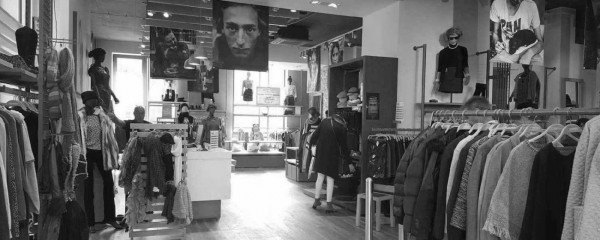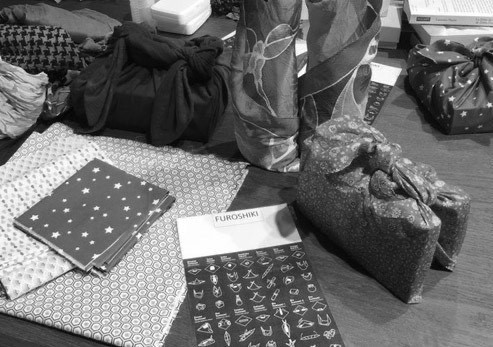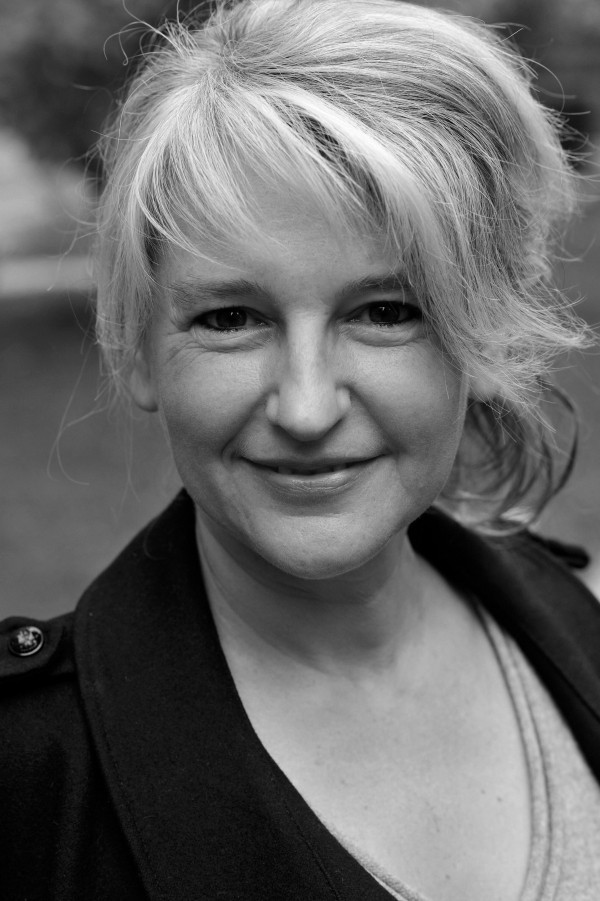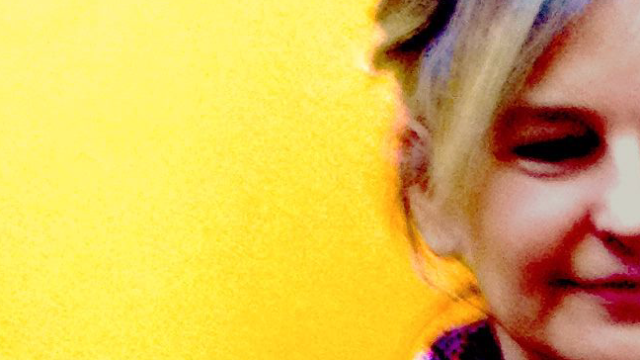Hello Emma,
we are happy to be talking with you today on the future of sustainable development within the creative industries. For over 4 years, you have been. Your views on this issue is closely linked to your analysis of current phenomenons and your convictions with the Red Cross. We are curious to find out more about your commitments.
This interview is part of a series of interviews initiated by the Sustainability & Fashion group of the IFM Alumni.
1 Emma, as mentioned above, the future of our society seems closely linked to our capacity to acknowledge the impact of our activities on our natural and human environments. We can observe more and more transversalité of practices favoring sustainable development and CSR within fashion, beauty and luxury businesses. How did things unfold on your side? When and how did your interest for sustainability start?
Whilst doing my MBA at IFM in 2013-14, I was surprised by the environmental activism of certain designers. At that time, convictions to operate differently were starting to sprout and few rare personalities were proudly carrying their values on banners without a strong rally. Fashion that was said to be sustainable was categorized in “alternatives” and far from being worn by the fashion sphere. I felt that it was more than a trend, a movement illustrating the loss of meaning in the fashion supply chain.

2 How did you combine your CSR priorities with your professional practices and habits?
Being in charge of the development of the textile brand at the Red Cross, my reflection is oriented on the proposals that an association can make to embark brands toward sustainability. The challenge for an entity like RC, which places humans at the heart of its values, is to educate the entrepreneurs on the impact of their activity and create synergies which have meaning.

3 This time of confinement, has been for many à time of introspection and reflection. Which activities/habits do you think you will change and this that you will continue following the crisis?
Well aware that the financial repercussions are dramatic, it has however been a wonderful opportunity to change certain practices.
Rediscovering time is essential, as we have lost all meaning of it, allowing to review the foundations of creativity. I personally would like to question the current product life cycle. We need to rethink the ecosystem of the fashion industry.
For several years now I’ve been privileging sustainable brands. The crisis has amplified my choices for a more circular and local consumption. A reasoned way of purchasing has also allowed me to treat myself with unique creative pieces.

4 Within IFM, how would you like to collaborate with the alumni in favor of sustainable development?
It is very important to me, to raise awareness on social and environmental issues in the fashion industry. We need to change practices, without necessarily making and creating less but by producing better - through eco-design and recycling. Younger generations should integrate circularity and social standards as the foundation of their work and no longer as an added value.
As an idealist, I’d say I wish we all worked for the common good instead of destroying it.
Interview by Olivia Chammas
Founder thebigblueproject.com
Consultant getreal.earth

Comments0
Please log in to see or add a comment
Suggested Articles




